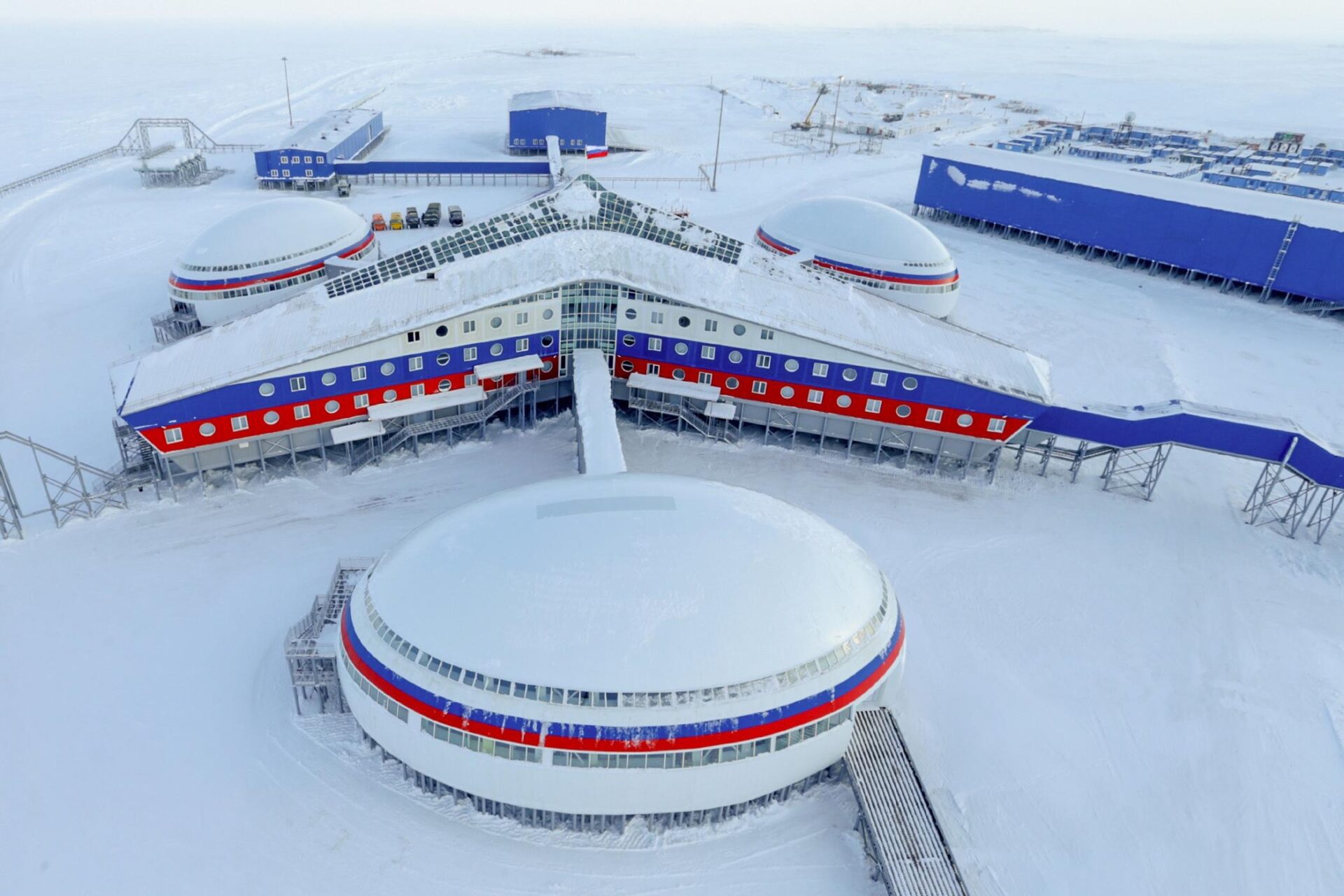
Ukraine Goes to Risk-Fraught Normandy Summit (Part One)
Ukraine Goes to Risk-Fraught Normandy Summit (Part One)
High-level political discussions about “the Ukraine crisis” (a diplomatic euphemism for Russia’s aggression against Ukraine) are scheduled to resume on December 9, in Paris, in the “Normandy” format—Russia, France, Germany, Ukraine—after a hiatus of more than three years. The Normandy format has continued to operate at lower levels (mostly that of diplomatic advisors, occasionally the ministerial level) during this period, but no summit-level meetings were held since October 2016, and hence no political decisions could be made in the Normandy format since then.
This group is supposed to oversee the implementation of the Kremlin-drafted Minsk armistice “agreements.” The package includes constitutional special status for the Moscow-controlled Donetsk-Luhansk territory and legitimization of its quasi-statehood (institutionalized and militarized) through pre-approved elections there. The Kremlin has focused on these elements all along, including in the direct run-up to the Paris summit (TASS, Interfax, November 14–December 3).
The Normandy format’s entitlement to exist is due to the fact that there is no other format (Russia having blocked any other) and to its entrenchment by dint of habit since 2014. But its legitimacy is highly dubious, given Russia’s disproportionate role in shaping the Normandy format’s political premises and operating rules from its inception to date. Summit- and ministerial-level meetings in 2014–2016 usually saw Russia, Germany and France jointly pressuring Ukraine to comply with the political provisions of the Minsk “agreements.”
The three-year hiatus, therefore, amounted to a reprieve for Ukraine—a reprieve well-earned by then-president Petro Poroshenko’s government and the then–parliamentary majority. They managed to resist major unilateral concessions within the Normandy format, mobilized countervailing international support outside that format, and passed Ukrainian legislation to preclude compliance with the political clauses of Russia’s Minsk dispensation. Germany refrained from crossing certain red lines in pressing for Ukrainian compliance. The United States’ diplomacy and military assistance strengthened Ukraine’s resilience overall, including in the Normandy negotiations.
German and French interest in the Normandy process waned from 2017 onward, partly due to Ukraine’s successful tactics, partly to domestic problems engulfing the German and French governments, as well as election cycles in Germany, France and, finally, Ukraine this year.
The Normandy summitry is now resuming under a markedly changed constellation. Presidents Emmanuel Macron of France and Volodymyr Zelenskyy of Ukraine—both newcomers to the Normandy process—have initiated this resumption, eagerly and even impatiently, while Berlin seemed to trail cautiously along. From July 2019 onward, the diplomatic advisors of the Normandy heads of state and government held a series of meetings to prepare the upcoming Paris summit. However, Ukrainian and Russian presidential advisors—primarily Andriy Yermak and Vladislav Surkov—negotiated also in their bilateral channel. This made it possible for Russian President Vladimir Putin to exploit Zelenskyy’s eagerness for a Normandy summit and for a bilateral meeting with Putin. The Kremlin demanded preemptive Ukrainian concessions as the price for holding the summit and the bilateral meeting. Zelenskyy’s team complied with all the preconditions one by one between September and November; it even advertised this compliance as a virtue at every step of the way (see below).
Macron has seized from Angela Merkel’s hands the role of “European” leader of the Normandy process. The German chancellor (or her coalition government, which generated the Steinmeier Formula for the Kremlin to embrace—see EDM, October 3) had never received a European mandate for that role, but took it over through the European Union’s default; and she had France’s then-president, François Hollande (Macron’s immediate predecessor), seated at the Normandy top table for European symbolism. Hollande and his representatives knew their place in Germany’s shadow and rarely spoke up from that obscure corner. Macron, however, has started a new game entirely, apparently making Ukraine an object of it.
As disrupter-in-chief of European affairs at this time, Macron’s agenda includes four goals that directly affect Ukraine: to displace Germany from the informal role of Europe’s leader, including the leadership of the Normandy process; to bring Russia back into the concert of powers hand-in-hand with France, facilitating this through some quick-fix or interim deal on Donbas at Ukraine’s expense; to reorient European policy toward the South, implicitly conceding more leeway for Russia in Europe’s Eastern neighborhood; and to reduce the role of the United States (Ukraine’s strategic partner) in Europe’s security and defense.
France lacks the resources to sustain those ambitions. Macron’s act is only made possible by the disorders in Washington and London and the paralysis in Berlin and Brussels. It is this wider context (on top of the Zelenskyy team’s own weaknesses) that renders Ukraine vulnerable to a deal on Donbas with Russia at the Normandy summit in Paris.


